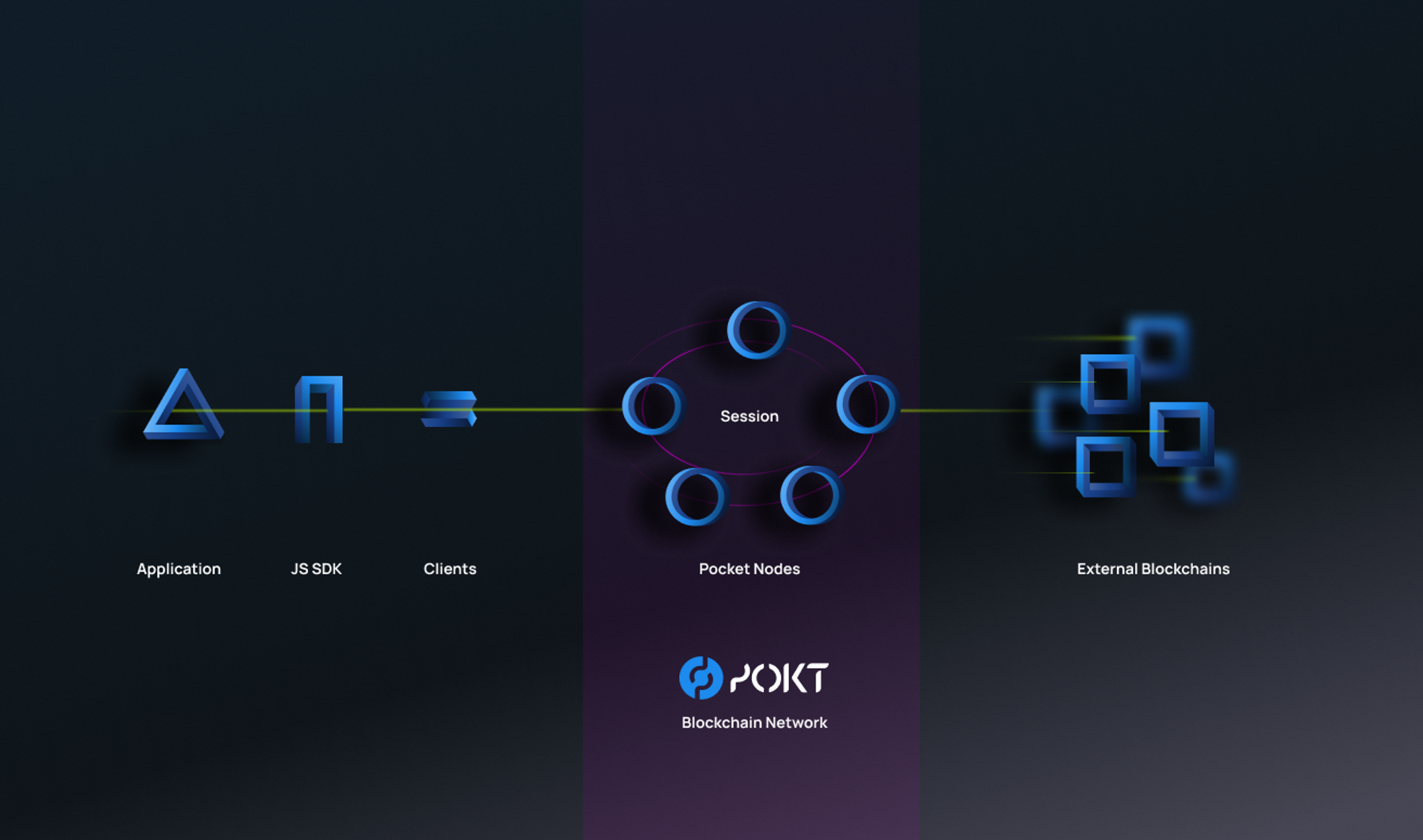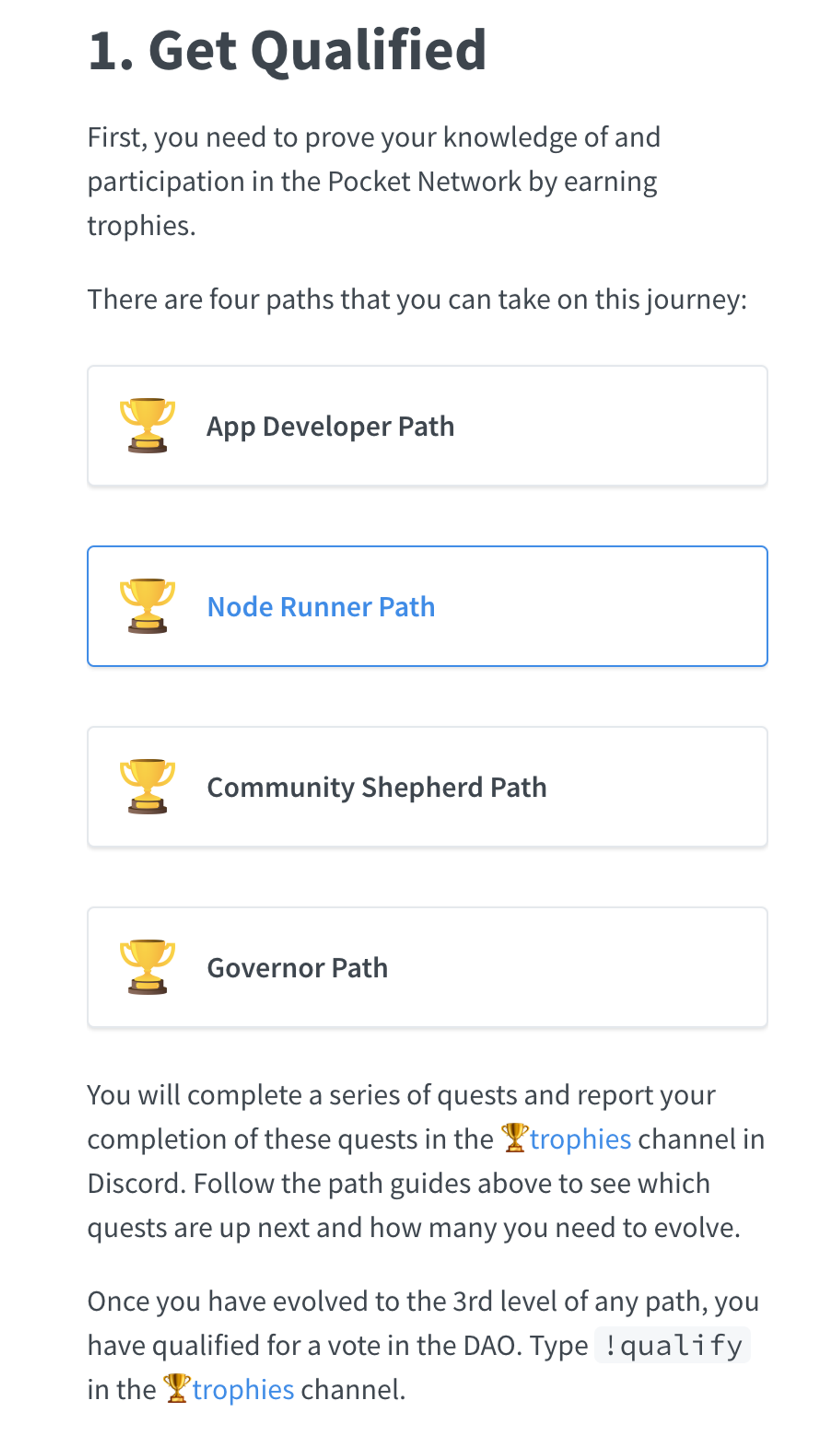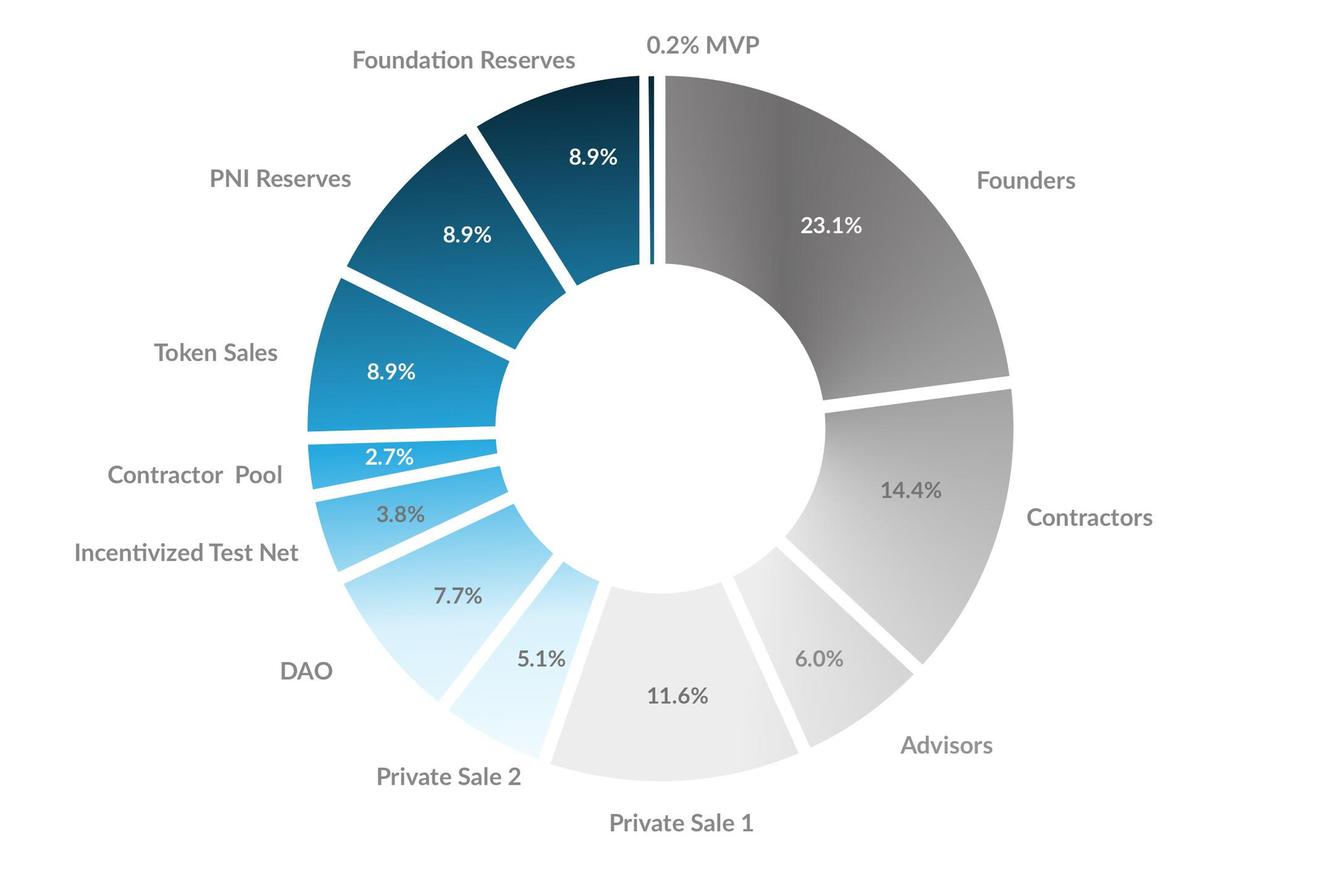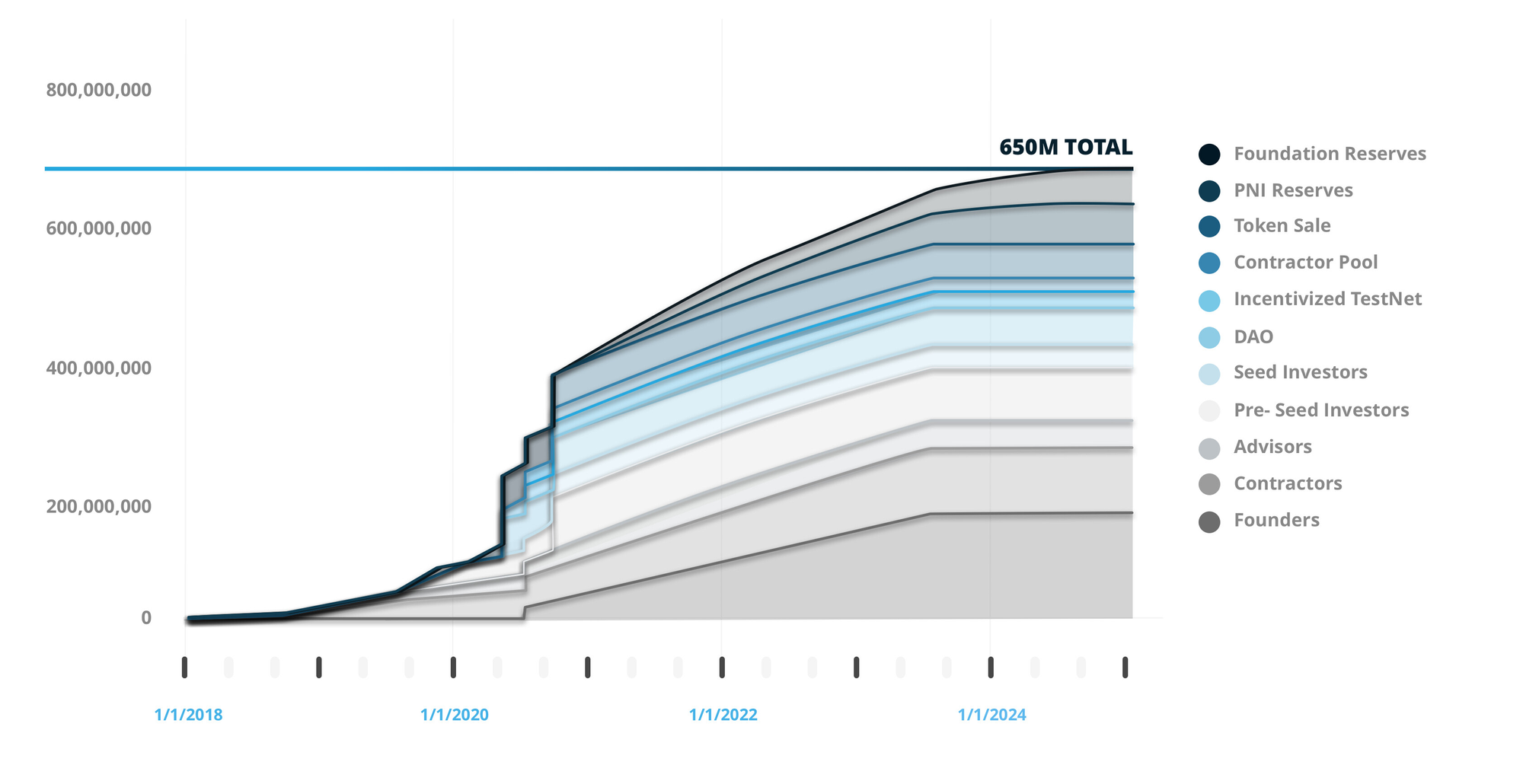ARTICLES
VIDEOS
TWITTER THREADS
LINKS
- Website - https://www.pokt.network/
- Github - https://github.com/pokt-network
- Community Content - https://docs.pokt.network/home/resources/community-content
- Pocket Network Charts - https://c0d3r.org/NetworkCharts
- Twitter - https://twitter.com/POKTnetwork
- Discord - https://bit.ly/POKTARCADEdscrd
- Telegram - https://t.me/POKTnetwork
- Medium - https://medium.com/@POKTnetwork
- Info on running a node - https://docs.pokt.network/home/paths/node-runner
WHAT IS IT
Pocket Network is a decentralized relay network for blockchain API requests. Pocket is its own blockchain that is built on the Tendermint, Cosmos SDK stack (see Cosmos Ecosystem for information on these). They are a middleware-focused protocol meaning they sit in between a user and the blockchain/application that the user is interacting with.
Pocket Network aims to be the TCP/IP of Web3 node infrastructure - a multi-chain relay protocol that incentivizes RPC nodes to provide dApps (decentralized applications) and their users with unstoppable Web3 access. Pocket Network is designed to provide infrastructure to Web3 applications at a fraction of the cost of centralized competitors.
What does TCP/IP stand for? TCP/IP stands for Transmission Control Protocol/Internet Protocol. TCP/IP is a set of standardized rules that allow computers to communicate on a network such as the internet.

If you're like me that all sounds pretty technical and you probably want to understand what the protocol is in non-technical terms. Basically, TCP/IP is how the internet passes information around and allows for the internet to operate in the background.
The issue with Web3 infrastructure currently is that a vast majority of protocols are all still run on Web2 infrastructures like AWS (Amazon web services). Now, why is that an issue? Well because with things like AWS there are still the risks of outages and centralized control over what can and can’t be censored or shut down. Pocket Network aims to be the decentralized Web3 application from beginning to end to act in the same way as TCP/IP.
HOW DOES IT WORK
There are 3 components in the Pocket Network. I’ll list them below and then go into more detail around each one.
- Applications
- Nodes
- Network Layer

Applications
Applications are essentially anything you use within Web3/Crypto. So for example DEXs (Uniswap, TraderJoe, Sushiswap), Lending/borrowing protocols (AAVE, Anchor Protocol), etc.
An application submits relays or API requests that are meant to be routed to any public database node.
Nodes
Nodes are what service the relays from the applications, by submitting them to the public databases that they are meant for, and sending the response if there is any back to the application.
The minimum stake required to run a single node is 15,000 POKT. In exchange for servicing relays for applications, nodes are compensated in $POKT the native token. Unlike traditional block rewards, Pocket Network's reward system is dynamic and node operators are rewarded in direct proportion to the number of relays and transaction fees in a given block.
For every relay that is served on Pocket Network, .01 POKT is minted. Of that .01 POKT, the node who served the relay is rewarded 89% (.0089 POKT), the Pocket DAO receives 10% (.001 POKT), and the block producer receives the remaining 1% (.0001 POKT). All nodes in the network have an opportunity to produce a block, but their chances are proportional to their stake.
INFO ON RUNNING A NODE - https://docs.pokt.network/home/paths/node-runner
FRACTIONAL STAKING FOR NODES - https://twitter.com/thepoktopus/status/1477436163921264642?s=20&t=kQRzErcGPrftF5M6lT713Q
Network Layer
The network layer is essentially just the blockchain (Ethereum, Solana, Avalanche, Luna, etc) in which the application is communicating the relay with.
For example:
User makes a transaction on Trader Joe (Application) → Relay info sent to nodes (Node)→ Relay processed and delivered from Trader Joe to Avalanche blockchain (Network Layer)
POCKET DAO
Pocket Network implements a unique implementation of a DAO around the governance of the protocol. Instead of your traditional DAO where owners of the native token have voting rights.
In the Pocket DAO users need to prove themselves and level up through a number of “quests” and contributions to the community. These range from being engaged, providing knowledge and value, running a node, using the apps, troubleshooting, and more.

See here for a list of the four paths users can take to earn trophies and join the DAO to vote and submit proposals - https://docs.pokt.network/home/paths/governor/claim-your-vote
TOKENOMICS
$POKT is the native currency of Pocket Network and acts as the governance token. Pocket Network requires that both nodes and developers stake $POKT to participate in the network.
The initial supply of POKT is 650M, which is divided according to the following genesis distribution:


Nodes are required to stake a minimum of 15k $POKT to participate and in return earn rewards for fulfilling API requests for developers on a per request basis. Full node operators are paid when developers use the network to access data for their applications. The more developers that use the network the more money than the full node operators make, which in turn incentives more node operators to join the network.
Developers who require reliable infrastructure and relay amounts for their specific applications must stake $POKT only once. They must stake a single time for a guaranteed amount of relays per session for the life of the stake. Because developers can stake $POKT up front for access to the network (once removed they no longer have access) instead of paying monthly fees to a company like AWS, they save massive amounts of overhead.
Currently, one POKT allows for 13.3684211 relays each session (a session is 60 minutes long) but the number of relays per session allowed can be adjusted for price fluctuations of the POKT token through governance mechanisms. The current price of a relay is listed here
$wPOKT
The Pocket Network core team has proposed to launch a wrapped version of $POKT ($wPOKT). This would be a fully collateralized wrapped representation of the native $POKT token.
$wPOKT would have swap ability to Ethereum as an ERC-20 token. This would provide a number of benefits to Pocket Network such as:
- Accelerate Ethereum developer usage in Pocket Network
- Provide an incentive for Ethereum enthusiasts to get involved in Pocket Network
- Plant the foundation for a sustainable infrastructure market
An Ethereum bridge with a wrapped $POKT ($wPOKT) token creates an opportunity to build a virtuous growth cycle for Pocket Network. $wPOKT would tap into Ethereum’s composable DeFi ecosystem, bringing greater liquidity to $POKT while simultaneously funding a free tier for Apps.
TEAM
Michael P O'Rourke is the Cofounder and CEO of Pocket Network. The company was founded in 2018.
Here is some additional insight into the team, executives, and investors - https://pitchbook.com/profiles/company/266080-24#investors
